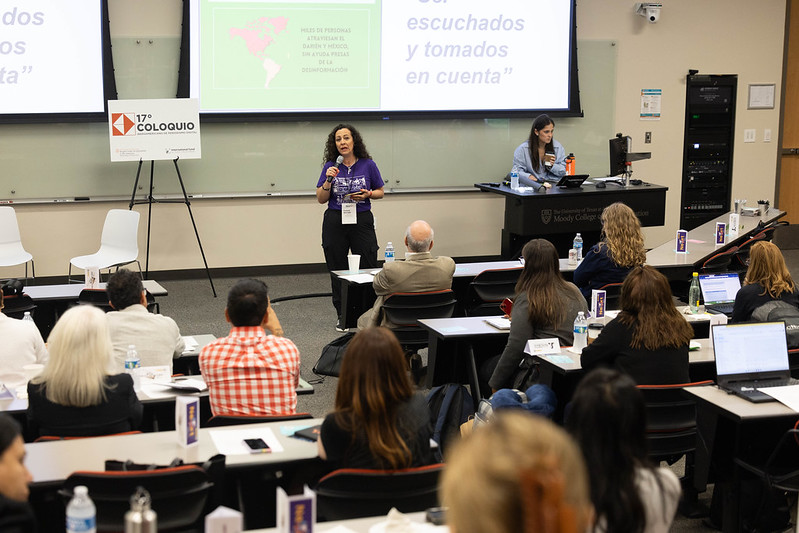
At the 17th Ibero-American Colloquium on Digital Journalism, Patricia Mercado, director of Conexión Migrante, explains how the media outlet offers quality information to Latin American migrants in the U.S., to migrants crossing Mexico, and also to those who have yet to arrive in the country.
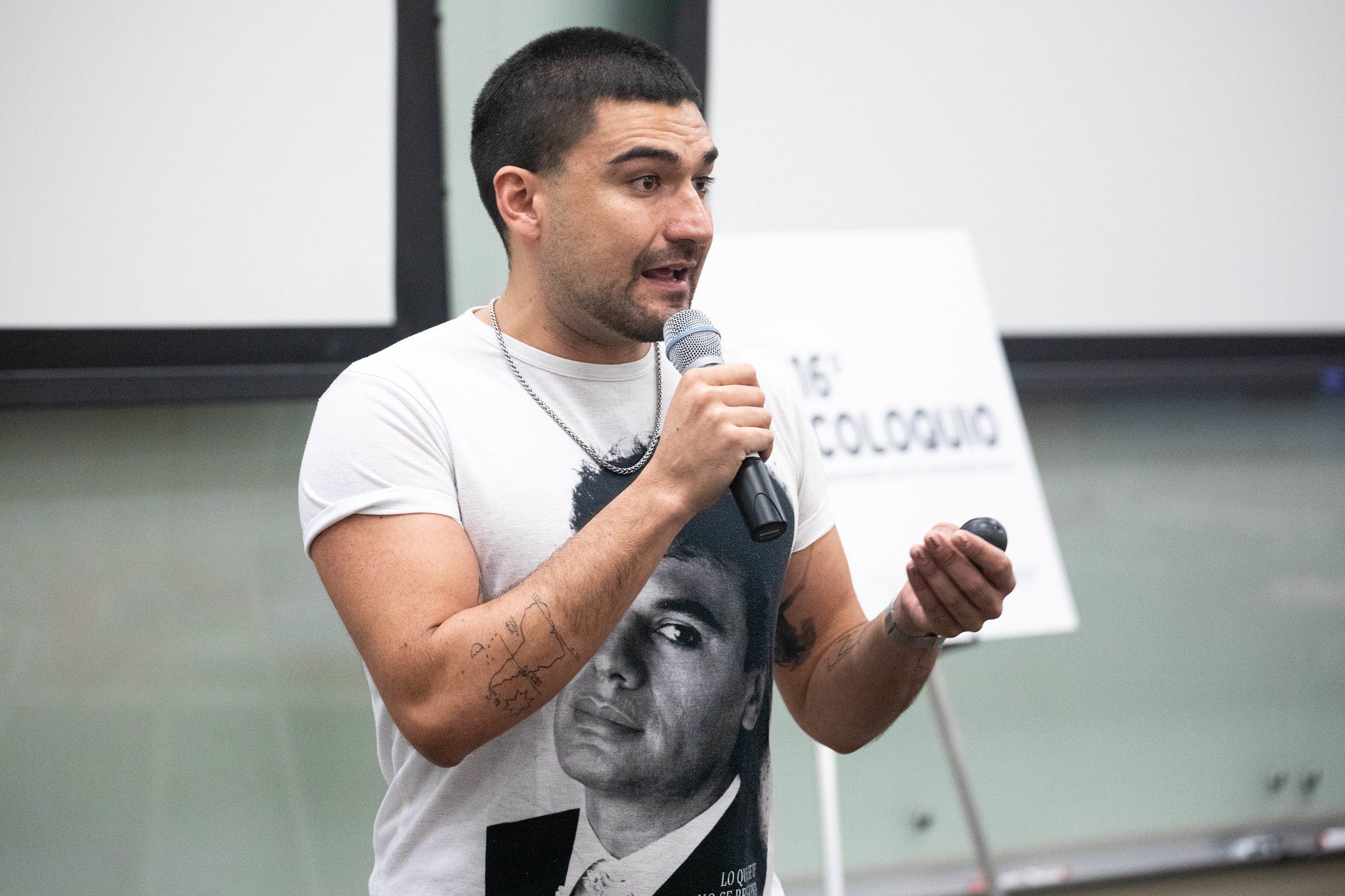
Documented Semanal [Documented Weekly] is one of the media initiatives aimed at Hispanic communities in the United States that have managed to work around WhatsApp’s restrictions to distribute content to large audiences. This project plus academic research behind other similar cases were presented at the 16th Ibero-American Colloquium on Digital Journalism.
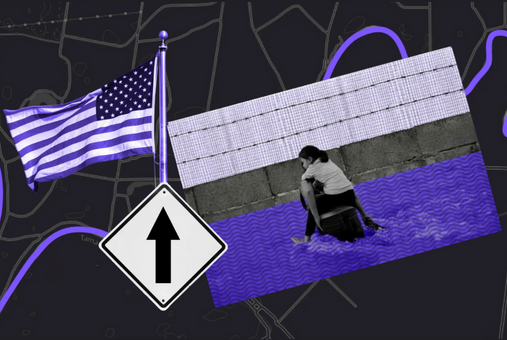
Through crowdsourcing, data journalism and community outreach, the fact-checking and data unit of the Cuban media elTOQUE developed "Migrating: A life and death decision," a multimedia special that seeks to collect data on the Cuban exodus to the United States and provide support to the families of those who died or disappeared along the way.

Journalists must find new narratives to cover migration, explore angles beyond crime and tragedy and approach the phenomenon with a human rights focus, said panelists at the third in a series of webinars organized by the Network for Diversity in Latin American Journalism.
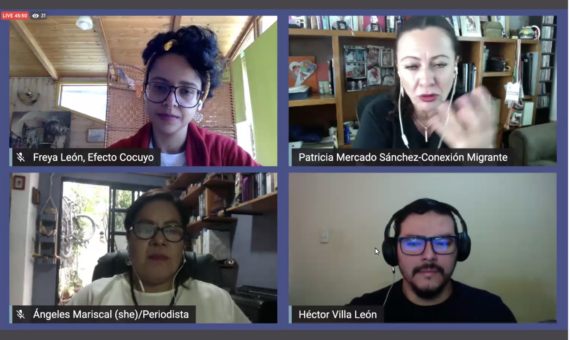
Self-exploration exercises, including immigrant journalists in newsrooms and telling stories for immigrants (and not only about immigrants) are some of the tips to promote a more diverse and inclusive coverage of immigration, according to panelists who took part in the Second Latin American Conference on Diversity in Journalism.
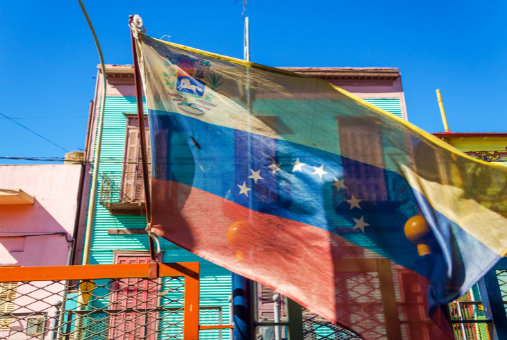
They are part of the 5.4 million refugees and migrants from Venezuela worldwide. But, they are also storytellers, and have found ways to create journalistic projects in their host countries to integrate, train or provide quality information to those who are going through migratory processes.
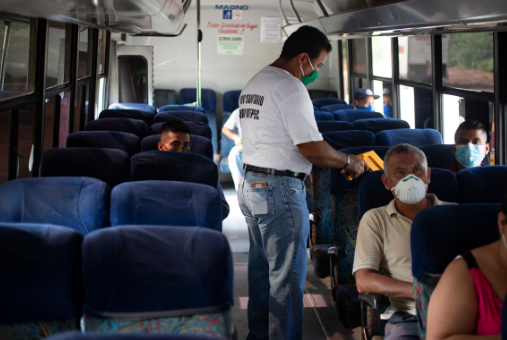
Between July and August this series of Quinto Elemento Lab, “Migrar bajo las reglas del COVID”, managed to answer a piece of the puzzle: what was happening with the migrants?

Free MOOC to help journalists understand the complexity and sensitivity of the migration phenomenon and improve their coverage, avoiding stereotypes, stigmas or labels.
The Associated Press reversed its defense of the term “illegal immigrant” and dropped it from the AP Stylebook, according to the wire service’s blog on Tuesday, April 2.
A student project that explored the migratory effects caused by drug violence along the U.S.-Mexico border and a comprehensive reporting package on the ongoing development of Paraná state in Brazil won the Online News Association’s 2012 awards for non-English projects during the ONA’s latest conference in San Francisco.